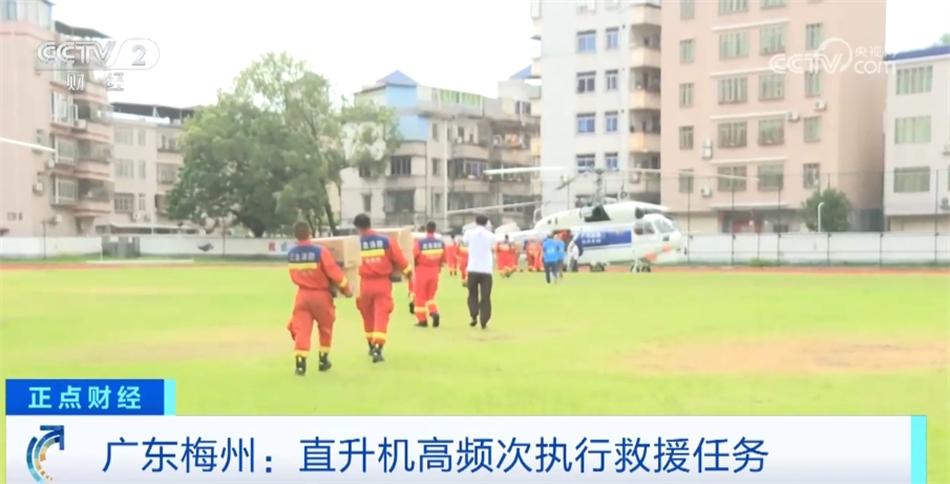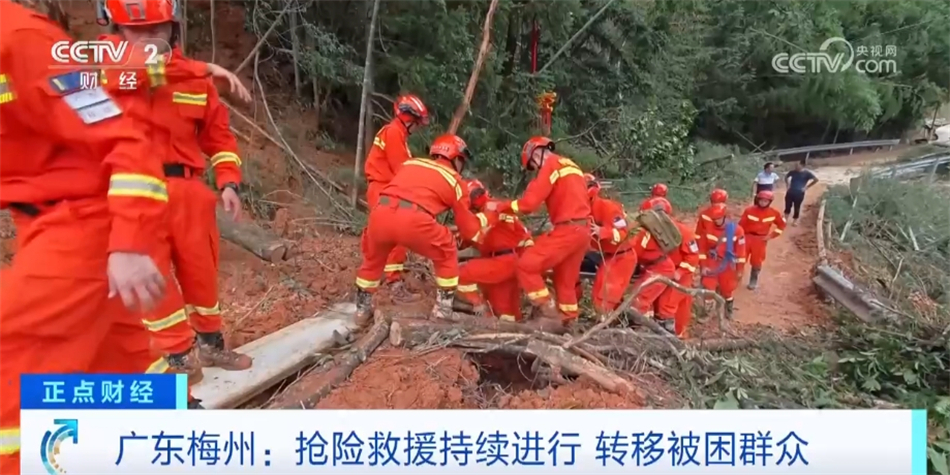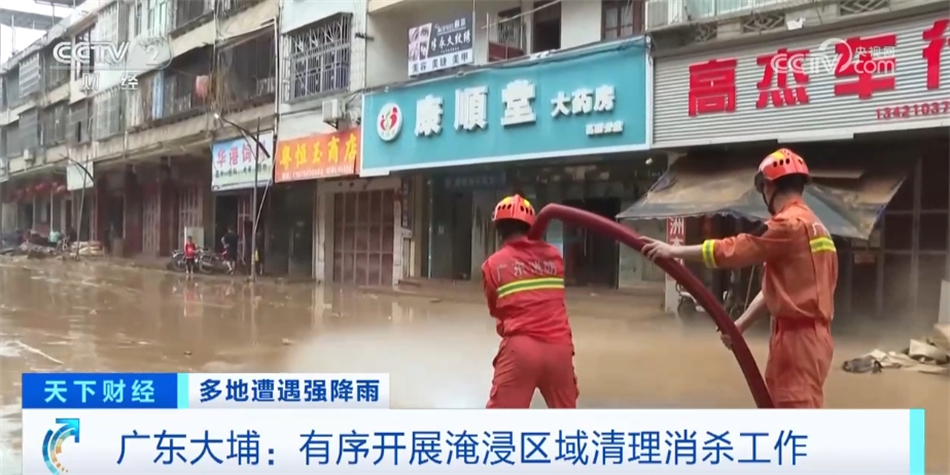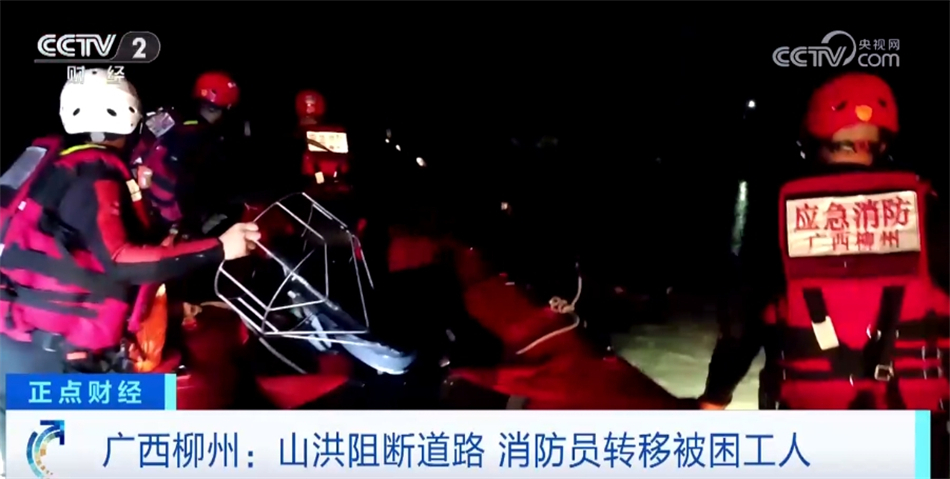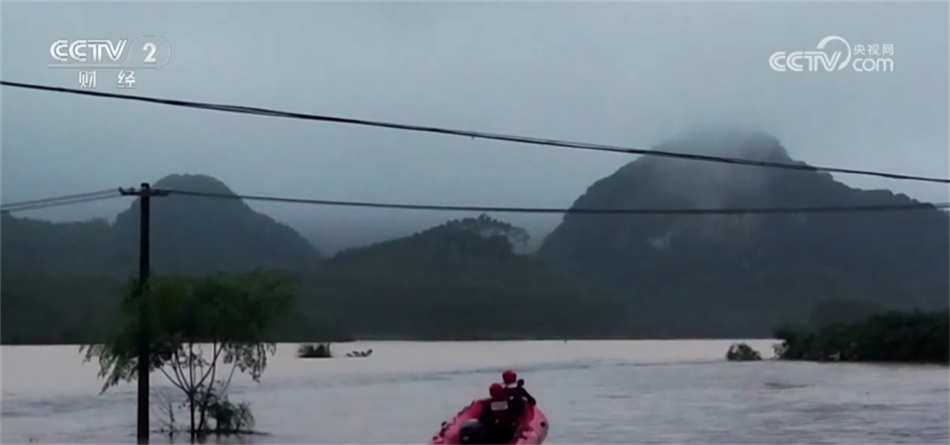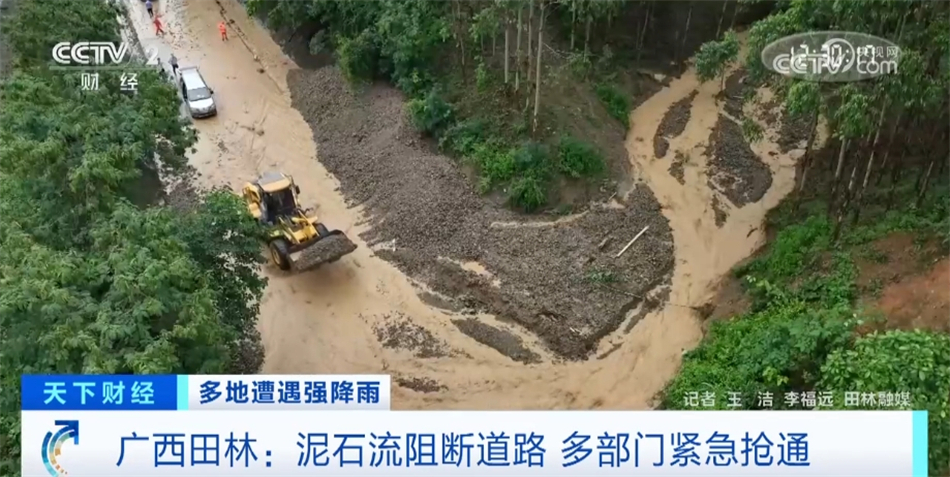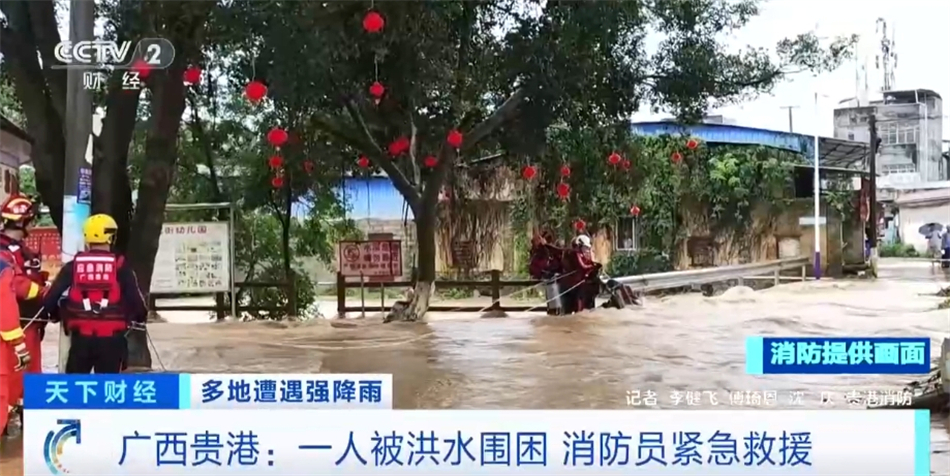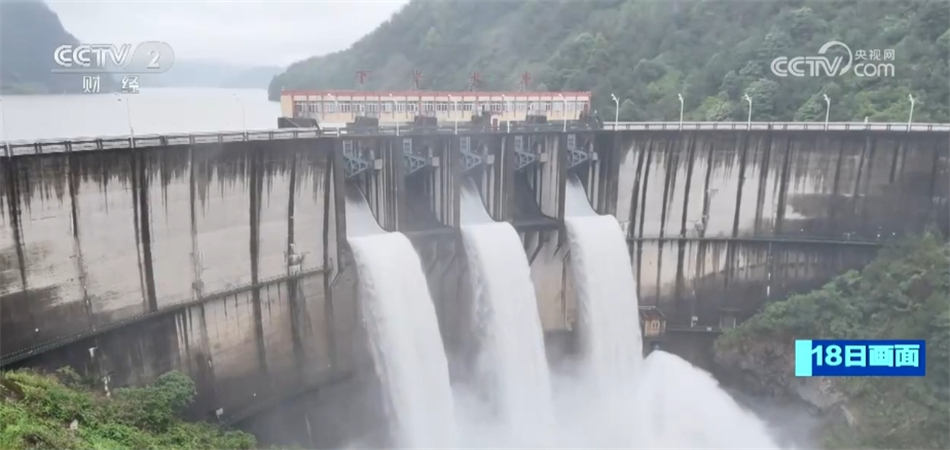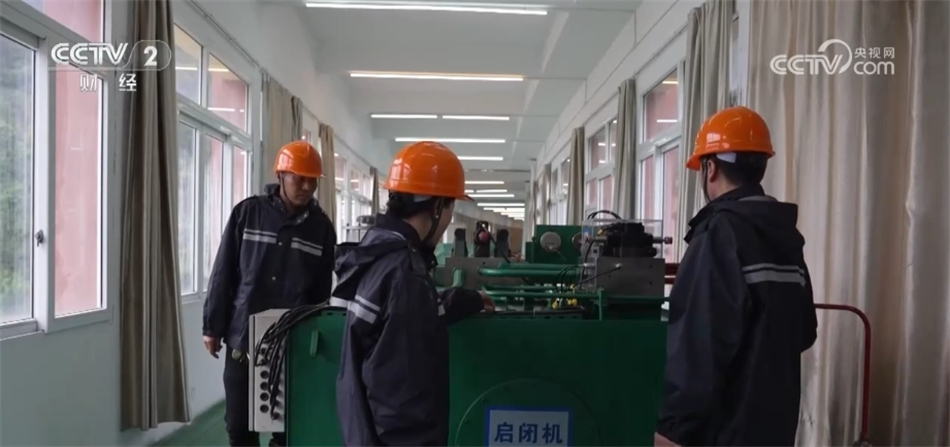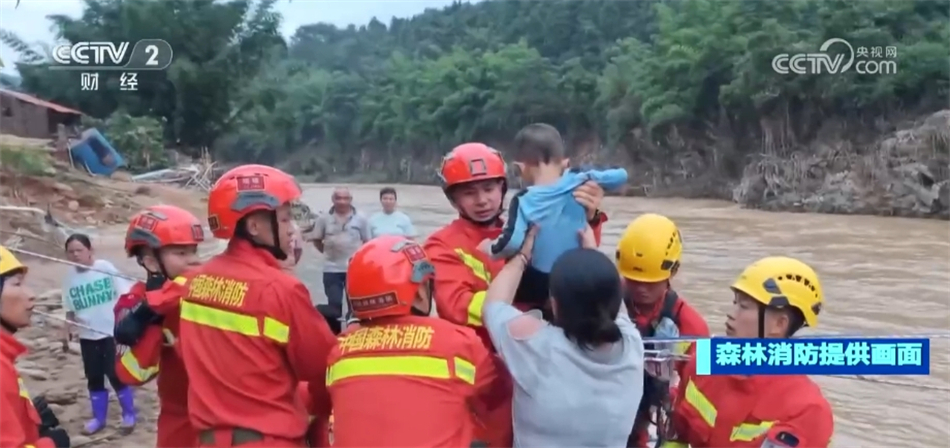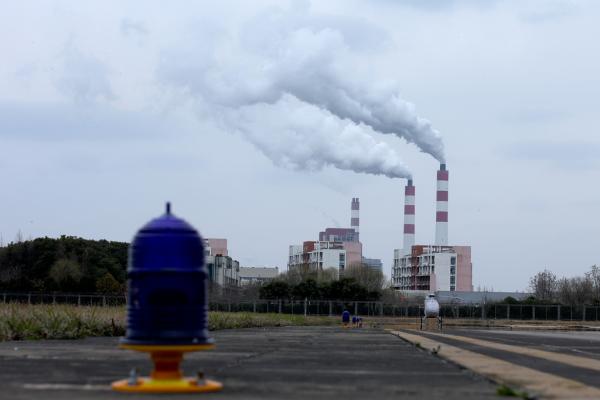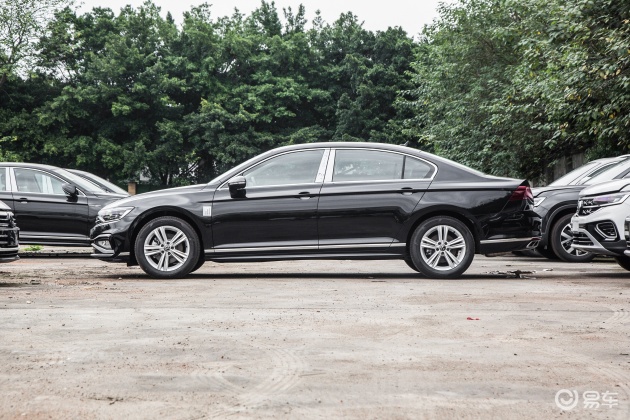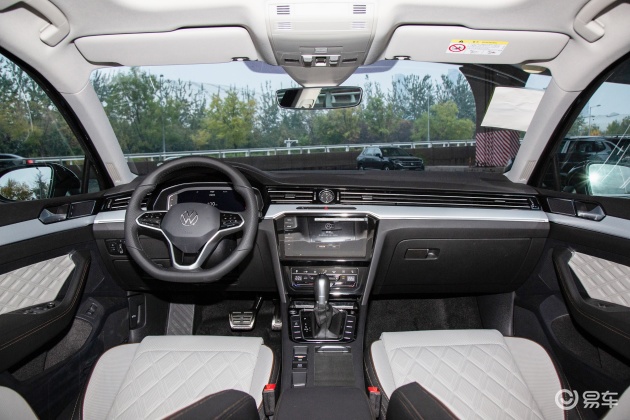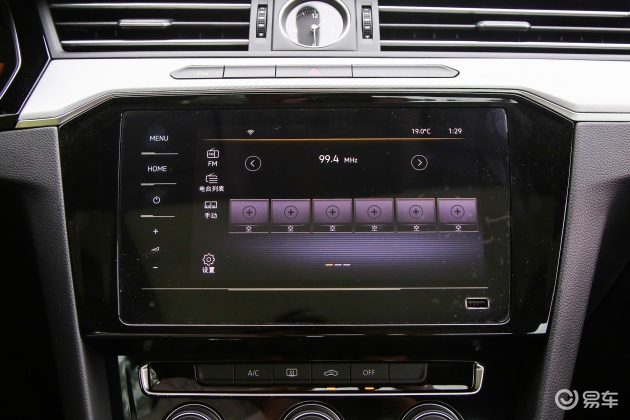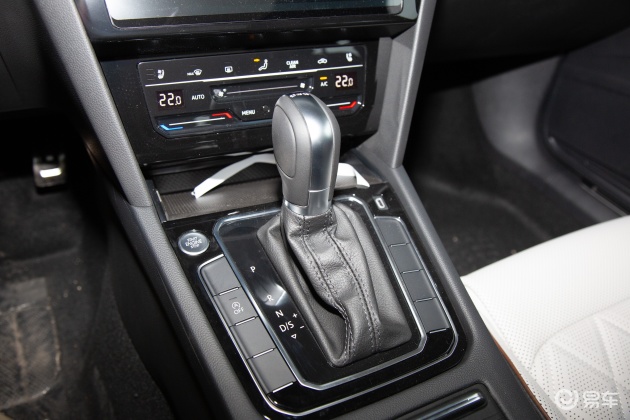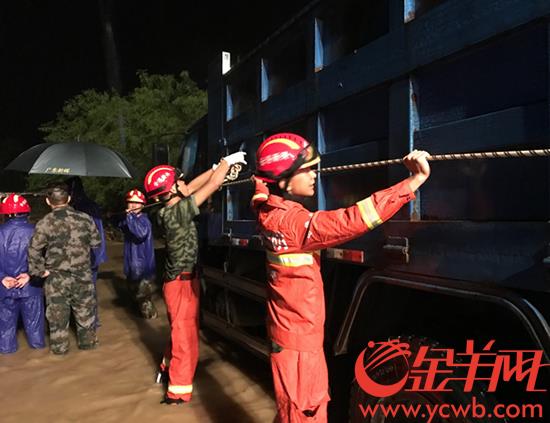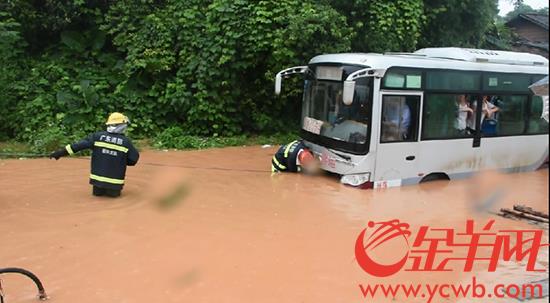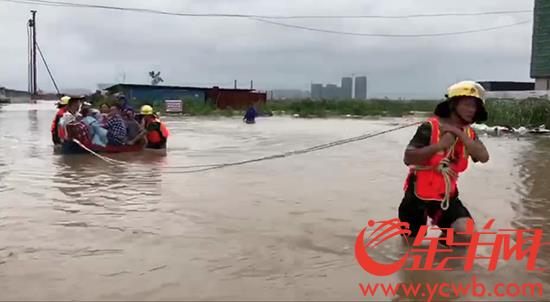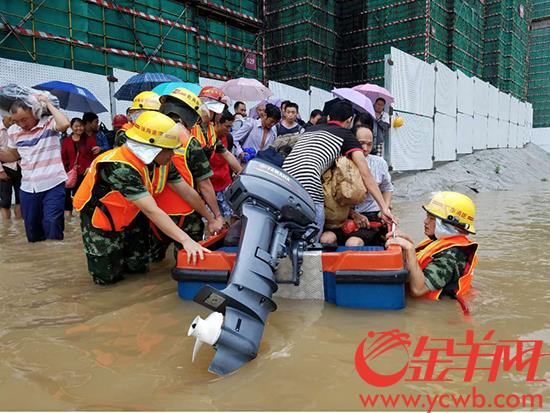Smoke billowed from the chimney. Zhang Xinyan’s information
On June 1st, the Interpretation of the Supreme People’s Court on Several Issues Concerning the Application of Law in the Trial of Environmental Tort Liability Disputes (hereinafter referred to as the Interpretation) was issued. There are 19 articles in the Interpretation, which mainly include: the principle of imputation and the reasons for exemption; The responsibility of several people to discharge pollutants; Liability for environmental pollution caused by the fault of the third party; Distribution of burden of proof; Provisions on evidence; Evidence preservation; The responsibility of the polluter; Responsibilities of relevant environmental service agencies; Scope of application and limitation of action.
What are the highlights of the Interpretation and what impact will it bring? The reporter interviewed Sun Youhai, former deputy director of the Supreme People’s Court Research Office, now professor of Tianjin University and dean of law school on these issues.
China environmental newsWhat is the imputation principle of environmental pollution tort liability in the Interpretation?
Sun youhaiThe essence of Article 1 of the Interpretation is whether legal sewage discharge bears the tort liability of environmental pollution. In practice, there are two opinions on whether legal sewage discharge bears the tort liability of environmental pollution.
One view is that in the past, some laws regarded "illegality" as one of the constitutive requirements of environmental pollution responsibility, so it should be adhered to. Another view is that Article 65 of the Tort Liability Law does not distinguish whether pollutants are discharged legally, but whether the polluter is at fault or not, and the polluter shall bear tort liability. In other words, even if the pollutant discharge behavior of the polluter meets the requirements of national or local pollutant discharge standards, it shall bear tort liability as long as it causes damage.
The Interpretation adheres to the "no-fault principle", that is, no matter whether the polluter is subjectively "intentional" about the pollutants discharged, as long as it discharges pollutants and causes damage, it should bear civil liability. This is the inevitable result of the development of international environmental law and the concrete embodiment of the development of China’s environmental law. According to this provision, the people’s court will not support the claim that the polluter does not assume responsibility on the grounds that the discharge of pollutants meets the national or local pollutant discharge standards.
There are also many cases for reference in trial practice. For example, the People’s Court of Longtan District, Jilin City (2004) Long Min Yi Chu Zi No.1377 case.
The defendant is a chemical enterprise that produces sulfuric acid, and the vineyard planted by Wang is nearby. Wang sued the court for the defendant’s discharge of sulfur dioxide, which caused his grapes to be reduced due to pollution, while the defendant argued that it was a discharge unit that reached the standard through special environmental impact assessment.
The court held that the national or local pollutant discharge standards are only the basis for the environmental protection department to decide whether the pollutant discharge unit needs to pay sewage charges and carry out environmental management, rather than the boundary for determining whether the pollutant discharge unit is liable for compensation. The legal discharge of pollutants by enterprises may also lead to dangerous results of damage to others, and there should be relief if there is damage. The Law on the Prevention and Control of Air Pollution does not regard illegality as a necessary condition for the actor to bear civil liability, which shows that the constitution of environmental civil liability does not require the actor’s behavior to be illegal.
China environmental newsHow should several polluters bear the responsibility for causing damage by polluting the environment?
Sun youhaiSeveral polluters commit environmental pollution, including two situations: first, several polluters jointly commit environmental pollution; Second, several polluters commit environmental pollution behaviors respectively. Articles 2 and 3 of this Interpretation respectively stipulate these two situations.
First, if several polluters jointly commit environmental pollution and cause damage to the infringed, they shall be jointly and severally liable in accordance with Article 8 of the Tort Liability Law.
Second, if several polluters respectively commit environmental pollution and cause the same damage, the Interpretation stipulates that three situations should be distinguished.
It should be noted that Articles 2 and 3 of the Interpretation stipulate how several polluters should be held responsible for the damage caused by environmental pollution. If it is necessary to determine how to share the responsibility among several polluters, the provisions of Article 4 of the Interpretation shall apply.
China environmental newsHow to bear the responsibility for environmental pollution damage caused by the fault of the third party?
Sun youhaiIn practice, some environmental pollution behaviors are caused by the fault of a third person other than the polluter and the infringed. In this case, in order to fully protect the legitimate rights and interests of the infringed, Article 68 of the Tort Liability Law stipulates that the infringed may choose to request the polluter or a third party to compensate.
However, the Tort Liability Law does not clarify the litigation status of the polluter and the third party. If the polluter is also at fault for polluting the environment, how should the third party bear the responsibility and whether the polluter can claim to reduce or exempt the responsibility on the grounds of the third party’s fault. To this end, the fifth article of this Interpretation stipulates three aspects.
China environmental newsThe Interpretation stipulates the burden of proof of the infringer and the polluter respectively. How should the parties give evidence?
Sun youhaiArticle 6 of the Interpretation is about the burden of proof of the infringed, which is based on Article 64 of the Civil Procedure Law. In practice, there is no dispute that the infringed should bear the burden of proof for the pollution behavior and the damage facts. However, there are two opinions on whether the infringed should submit preliminary proof materials on the correlation between pollution behavior and damage results.
One view is that according to Article 66 of the Tort Liability Law, the principle of inversion of the burden of proof of causality applies to environmental pollution liability disputes, and the polluter should bear the burden of proof for the absence of causality, and the infringed should not bear any burden of proof for causality; Another view is that the infringed should submit preliminary proof materials on the correlation between pollution behavior and damage. After research, the second opinion was adopted.
Article 7 of the Interpretation is about the burden of proof of polluters, which is based on the provisions of Article 66 of the Tort Liability Law. According to Article 66 of Tort Liability Law, polluters should bear the burden of proof that there is no causal relationship between behavior and damage. However, under what circumstances, the people’s court can determine that the polluter has completed the burden of proof, which is not clearly stipulated in the law and has different practices in practice. After repeated research, Article 7 of the Interpretation stipulates four situations.
China environmental newsIt is difficult to determine the specificity of environmental pollution involved in some cases. How should we deal with it?
Sun youhaiThe trial of civil cases of environmental pollution often involves specialized issues such as pollutant identification, loss assessment, causal relationship identification, etc., and the judicial appraisal institution needs to issue appraisal opinions. However, at present, there are few institutions with environmental pollution appraisal qualifications, long appraisal period and high cost, which are difficult to meet the practical needs of handling cases.
In view of this, the Interpretation refers to the Interpretation of the Supreme People’s Court and the Supreme People’s Procuratorate on Several Issues Concerning the Application of Laws in Handling Criminal Cases of Environmental Pollution, which clearly stipulates that if it is difficult to determine the specificity of environmental pollution involved in the case, it may entrust a judicial appraisal institution with relevant qualifications to issue an appraisal opinion or an institution recommended by the environmental protection department of the State Council to issue an inspection, testing or monitoring report.
China environmental newsHow to play an expert role in the trial of environmental tort liability disputes?
Sun youhaiEnvironmental tort liability disputes involve many technical and professional issues, and the parties often can’t meet the needs of litigation according to their own knowledge. Judges and litigation agents entrusted by the parties are generally expert in law, but they are not necessarily clear about the technical problems in the facts of the case.
In order to fully protect the litigation rights of the parties, safeguard the legitimate rights and interests of the parties, and help the judge to judge in the middle and correctly identify the facts, the Interpretation clearly stipulates the procedures and functions of people with specialized knowledge to appear in court according to Article 79 of the Civil Procedure Law.
First, the procedure for people with specialized knowledge to appear in court. If it is necessary for a person with specialized knowledge to appear in court, the parties concerned shall apply to the people’s court and explain the reasons. If a party fails to apply, the people’s court may explain it to him if it deems it necessary;
Second, the role of people with specialized knowledge in court. People with specialized knowledge appear in court, mainly to give opinions on expert opinions or professional issues such as pollutant identification, damage consequences and causality. Moreover, the opinions put forward by people with specialized knowledge in court can be used as the basis for determining the facts of the case after cross-examination by the parties.
China environmental news: What civil liabilities should the polluter bear in environmental tort liability disputes?
Sun youhaiAccording to Article 15 of Tort Liability Law, the main ways to bear tort liability are: stop the infringement; Remove obstacles; Eliminate danger; Return property; Restore to the original state; Compensation for losses; Apologize; 8 kinds, such as eliminating influence and restoring reputation. Among them, "returning property" belongs to the typical right of claim, and "eliminating influence and restoring reputation" belongs to the typical category of personality right. According to the characteristics of environmental damage, returning property, eliminating influence and restoring reputation generally do not apply to environmental tort liability disputes.
To this end, the Interpretation stipulates that the people’s court shall reasonably determine that the polluter shall bear civil liabilities such as stopping the infringement, removing the obstruction, eliminating the danger, restoring the original state, apologizing and compensating for the losses according to the claim of the infringed person and the specific case.
Among them, "restitution" mainly requires the infringer to bear the responsibility of pollution control and ecological restoration, including in-situ restoration and off-site restoration. If the infringer fails to control or repair or is unable to control or repair, the people’s court may entrust the relevant unit to perform it on his behalf, and the expenses shall be borne by the polluter. "Compensation for losses" includes the property loss and personal loss caused by the infringed party’s pollution behavior and the expenses incurred by necessary and reasonable measures to prevent pollution from expanding and eliminate pollution.
China environmental news: What responsibilities should environmental service agencies bear?
Sun youhaiArticle 65 of the Environmental Protection Law stipulates that environmental impact assessment institutions, environmental monitoring institutions and institutions engaged in the maintenance and operation of environmental monitoring equipment and pollution prevention facilities, if they resort to deception in relevant environmental service activities and are responsible for environmental pollution and ecological damage, they shall be punished in accordance with relevant laws and regulations, and shall also be jointly and severally liable with other persons responsible for environmental pollution and ecological damage.
In order to enhance the practical operation of this article and unify the applicable standards of the law, Article 16 of the Interpretation stipulates that if one of the circumstances is met, it shall be deemed as fraud as stipulated in Article 65 of the Environmental Protection Law.
China environmental newsHow to understand the relationship between the Interpretation and the Interpretation of the Supreme People’s Court on Several Issues Concerning the Application of Law in the Trial of Environmental Civil Public Interest Litigation Cases?
Sun youhaiThe newly revised Civil Procedure Law and Environmental Protection Law both stipulate environmental civil public interest litigation and private interest litigation. These two types of litigation have commonalities in ascertaining the facts of the case and taking responsibility, while public interest litigation is different from private interest litigation in the aspects of litigation subject, litigation purpose and litigation request.
To this end, the Supreme People’s Court drafted the Interpretation and the Interpretation of the Supreme People’s Court on Several Issues Concerning the Application of Law in the Trial of Environmental Civil Public Interest Litigation Cases. Among them, the Interpretation applies not only to environmental civil public interest litigation, but also to environmental civil private interest litigation, stipulates the general rules applicable to both types of litigation, and focuses on regulating substantive issues such as how polluters bear responsibility; The Interpretation of Environmental Public Interest Litigation only provides special rules applicable to public interest litigation, focusing on standardizing procedural issues such as parties and jurisdiction of environmental public interest litigation.
What impact does the Interpretation bring?
1. To the people’s court
In view of the problems existing in the environmental trial, the Interpretation clarifies the boundaries of civil liability that all relevant subjects should bear, which will greatly improve the quality and effectiveness of the trial and help improve the judicial credibility.
2. To the environmental protection department
In the process of drafting the Interpretation, the opinions of the competent department of environmental protection were fully solicited, and the relationship between the trial work of the people’s court and the administrative management of the competent department of environmental protection was clarified, which greatly reduced the pressure of letters and visits to environmental protection, and was bound to help improve the work efficiency of the competent department of environmental protection.
3. For polluters
The Interpretation clarifies the polluter’s no-fault principle for his own pollution behavior, and also clarifies how to bear the burden of proof when several polluters commit environmental pollution and a third person causes damage. Therefore, it will play a positive role in distinguishing right from wrong and distinguishing responsibilities, thus increasing the compensation of polluters and promoting environmental improvement.
4. For pollution victims
The Interpretation clarifies the responsibilities of relevant subjects such as polluters, polluters and victims, and between them and third parties, which greatly facilitates polluters to safeguard their legitimate rights and interests according to law. At the same time, it also clarifies some of the burden of proof that pollution victims should bear, which is objectively conducive to preventing the occurrence of indiscriminate complaints.
5. Environmental service agencies
In order to implement the new environmental protection law, the Interpretation clearly stipulates that environmental service agencies shall be jointly and severally liable for compensation for fraud that may occur in their service work. This will objectively promote them to improve their integrity and do their due diligence in environmental services within their own scope according to law.
Attached to the original interpretation:
The Supreme People’s Court’s Interpretation of Several Issues Concerning the Application of Law in the Trial of Environmental Tort Liability Disputes
(Adopted at the 1644th meeting of the Judicial Committee of the Supreme People’s Court on February 9, 2015)
In order to correctly hear environmental tort liability disputes, this interpretation is formulated in accordance with the provisions of People’s Republic of China (PRC) Tort Liability Law, People’s Republic of China (PRC) Environmental Protection Law, People’s Republic of China (PRC) Civil Procedure Law and other laws, combined with trial practice.
the first No matter whether the polluter is at fault or not, the polluter shall bear tort liability for damage caused by environmental pollution. The people’s court shall not support the claim that the polluter is not liable on the grounds that the discharge of pollutants meets the national or local pollutant discharge standards..
Where the polluter does not bear the responsibility or reduces the responsibility, the provisions of the marine environmental protection law, the water pollution prevention law, the air pollution prevention law and other separate laws on environmental protection shall apply; Where there are no provisions in the specific law on environmental protection, the provisions of the Tort Liability Law shall apply.
the second If two or more polluters jointly commit pollution acts and cause damage, and the infringed party requests the polluters to bear joint liability according to Article 8 of the Tort Liability Law, the people’s court shall support it.
Article If two or more polluters commit pollution acts separately and cause the same damage, and each polluter’s pollution act is enough to cause all damage, the people’s court shall support the infringer’s request that the polluters bear joint liability according to Article 11 of the Tort Liability Law.
The people’s court shall support the case that two or more polluters have committed pollution acts respectively, causing the same damage, and each polluter’s pollution act is not enough to cause all the damage, and the infringed party requests the polluter to bear the responsibility according to Article 12 of the Tort Liability Law.
The people’s court shall support the case where two or more polluters respectively commit pollution acts that cause the same damage, and some polluters’ pollution acts are enough to cause all the damage, while some polluters’ pollution acts only cause part of the damage. In accordance with the provisions of Article 11 of the Tort Liability Law, the infringed party requests the polluter that causes all the damage and other polluters to bear joint and several liability for all the damage.
Article 4 The people’s court shall determine the extent to which two or more polluters are responsible for polluting the environment according to the types, emissions, harmfulness of pollutants, whether there is a discharge permit, whether it exceeds the pollutant discharge standard, whether it exceeds the total discharge control index of key pollutants and other factors.
Article 5 The people’s court shall accept the case where the infringer sued the polluter and the third party separately or simultaneously according to the provisions of Article 68 of the Tort Liability Law.
If the infringed party requests the third party to bear the liability for compensation, the people’s court shall determine the corresponding liability for compensation according to the degree of the third party’s fault.
The people’s court shall not support the polluter’s claim that he will not bear the responsibility or reduce the responsibility on the grounds that the fault of a third party has caused damage to the environment.
Article 6 Where the infringed party requests compensation according to Article 65 of the Tort Liability Law, it shall provide evidence to prove the following facts:
(1) The polluter has discharged pollutants;
(2) the damage caused by the infringer;
(3) There is a correlation between pollutants discharged by polluters or secondary pollutants and damage.
Article 7 If the polluter proves one of the following circumstances, the people’s court shall determine that there is no causal relationship between the pollution behavior and the damage:
(a) the discharged pollutants did not cause the damage;
(2) The discharged pollutants that can cause the damage have not reached the place where the damage occurred;
(three) the damage occurred before the discharge of pollutants;
(4) Other circumstances in which it can be determined that there is no causal relationship between pollution behavior and damage.
Article 8 For the specialized problem of finding out the facts of environmental pollution cases, you can entrust a judicial authentication institution with relevant qualifications to issue an expert opinion or an institution recommended by the competent department of environmental protection of the State Council to issue an inspection report, test report, evaluation report or monitoring data.
Article 9 If a party applies to notify one or two persons with specialized knowledge to appear in court and put forward opinions on expert opinions, pollutant identification, damage results, causality and other professional issues, the people’s court may grant permission. If the parties fail to apply, the people’s court may interpret it if it deems it necessary.
The opinions put forward by people with specialized knowledge in court can be used as the basis for ascertaining the facts of the case after cross-examination by the parties.
Article 10 The investigation report, inspection report, inspection report, evaluation report or monitoring data of environmental pollution incidents issued by the department responsible for environmental protection supervision and management or the agency entrusted by it can be used as the basis for determining the facts of the case after cross-examination by the parties.
Article 11 For sudden or short-lasting environmental pollution, if the evidence may be lost or difficult to obtain later, the people’s court shall allow the parties or interested parties to apply for evidence preservation in accordance with the provisions of Article 81 of the Civil Procedure Law.
Article 12 If the respondent has one of the circumstances stipulated in Article 63 of the Environmental Protection Law, and the parties or interested parties apply for preservation according to Article 100 or Article 101 of the Civil Procedure Law, the people’s court may order the respondent to immediately stop the infringement or take pollution prevention measures.
Article 13 The people’s court shall reasonably determine that the polluter shall bear civil liabilities such as stopping the infringement, removing the obstruction, eliminating the danger, restoring to the original state, apologizing and compensating for the losses according to the claim of the infringer and the specific case.
Article 14 If the infringer requests restitution, the people’s court may judge the polluter to bear the responsibility of environmental restoration according to law, and at the same time determine the environmental restoration expenses that the defendant should bear when he fails to perform the obligation of environmental restoration.
If the polluter fails to perform the obligation of environmental restoration within the time limit determined by the effective judgment, the people’s court may entrust others to carry out environmental restoration, and the expenses required shall be borne by the polluter.
Article 15 The people’s court shall support the infringer in suing the polluter for compensation for property losses and personal injuries caused by pollution and the reasonable expenses incurred by taking necessary measures to prevent pollution from expanding and eliminating pollution.
Article 16 Under any of the following circumstances, it shall be deemed as fraud as stipulated in Article 65 of the Environmental Protection Law:
(a) the environmental impact assessment agency issued a seriously inaccurate evaluation document knowing that the materials provided by the client were false;
(two) environmental monitoring institutions or institutions engaged in the maintenance and operation of environmental monitoring equipment deliberately conceal the fact that the client has exceeded the pollutant discharge standards or exceeded the total emission control indicators of key pollutants;
(3) Institutions engaged in the maintenance and operation of pollution prevention facilities intentionally fail to operate or abnormally operate environmental monitoring equipment or pollution prevention facilities;
(four) other cases of fraud in the environmental service activities of the relevant institutions.
Article 17 Where the infringer brings a lawsuit and requests the polluter to stop the infringement, remove the obstruction and eliminate the danger, it is not subject to the limitation period stipulated in Article 66 of the Environmental Protection Law.
Article 18 This interpretation is applicable to the trial of civil cases that cause damage due to environmental pollution and ecological destruction, except as otherwise provided by laws and judicial interpretations for environmental civil public interest litigation cases.
This interpretation does not apply to disputes over adjacent pollution infringement and disputes over workers’ pollution damage in their professional activities.
Article 19 After the implementation of this interpretation, the provisions of this interpretation shall apply to cases of first and second instance that have not been concluded by the people’s courts. This interpretation does not apply to cases that have already made effective judgments before the implementation of this interpretation, and if they are retried according to law after the implementation of this interpretation.
After the implementation of this interpretation, if the judicial interpretation previously promulgated by the Supreme People’s Court is inconsistent with this interpretation, it will no longer apply.
